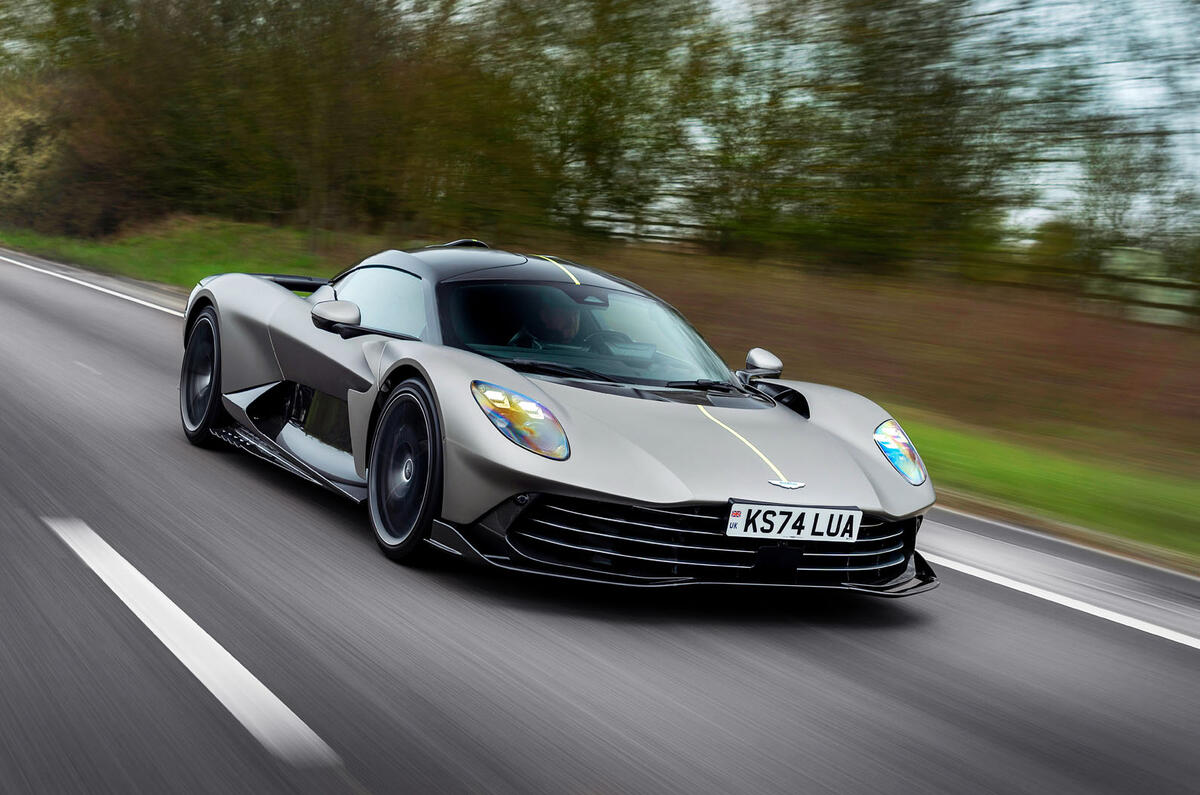Aston Martin has warned that 2025 will be another loss-making year, after its finances were knocked by US tariffs, sluggish demand in China and a delay to deliveries of its new Valhalla supercar.
The British luxury car maker had predicted as recently as April that it would achieve a landmark profit in 2025 after years of persistent losses. Even after the surprise increase in US tariffs caused a pause to deliveries in the second quarter, it was still guiding investors to a breakeven result.




Add your comment